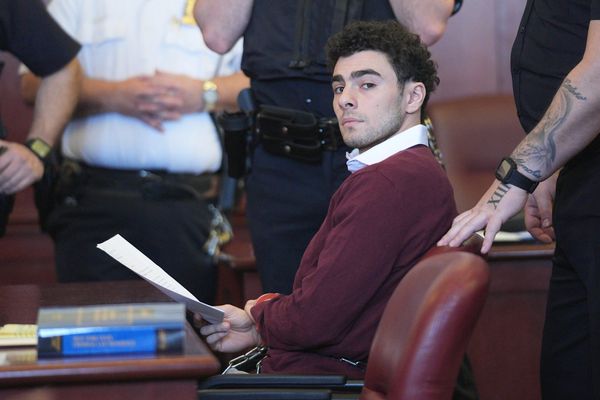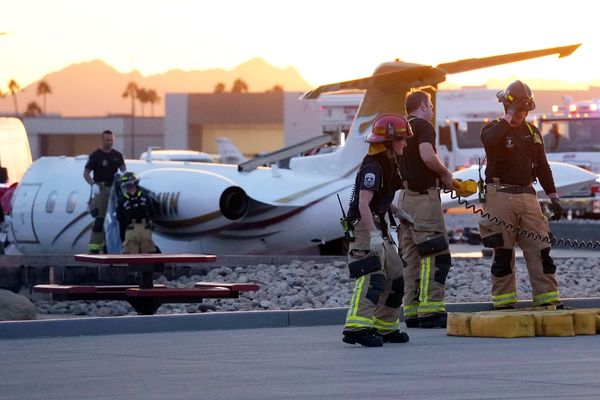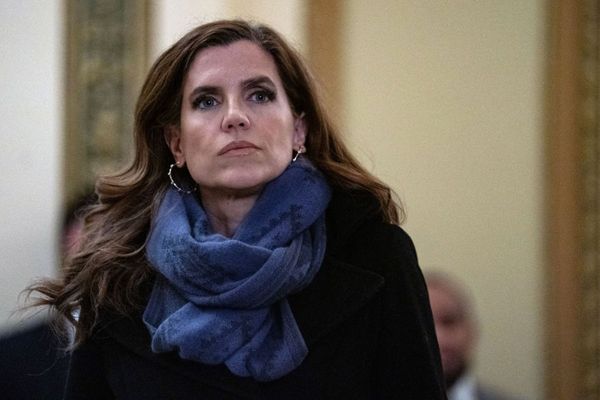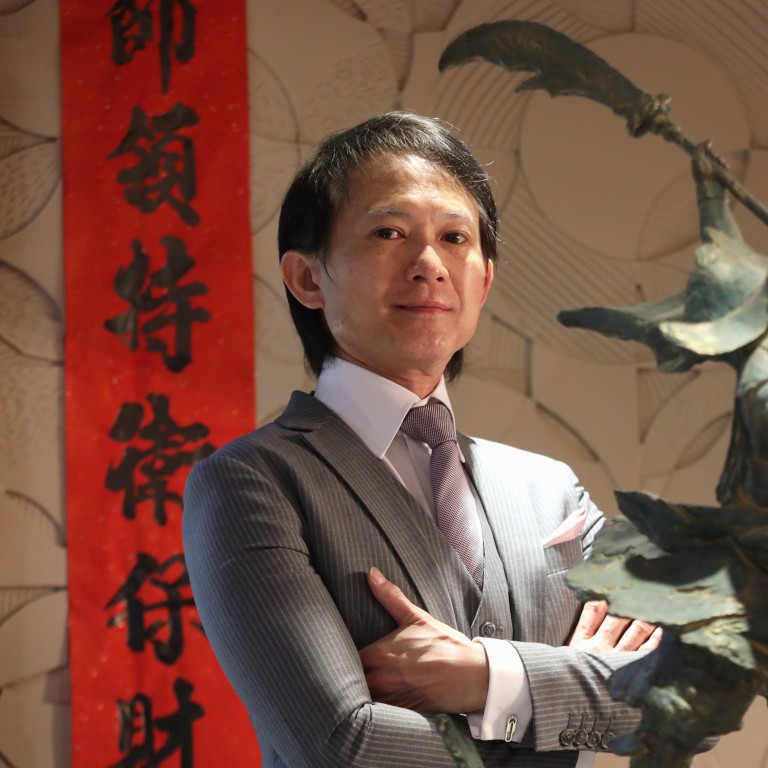
Months of violent protests have landed a heavy blow to big and small businesses in Hong Kong. But for Clement Lai Ka-chi, a former police chief and bodyguard to visiting presidents, the unrest has been a boon.
His private security firm, Clement Shield, has been in high demand as the protests plaguing Hong Kong have escalated and became more volatile.
Formerly a close protection officer in the Hong Kong Police Force’s VIP protection unit, Lai was responsible for the personal safety of visiting Chinese leaders including President Jiang Zemin and then Vice-President Hu Jintao, as well as overseas dignitaries such as US President Bill Clinton.
But he quit his job four years ago and decided to put his talent to good use providing protection to private businesses, educational institutions and public organisations.
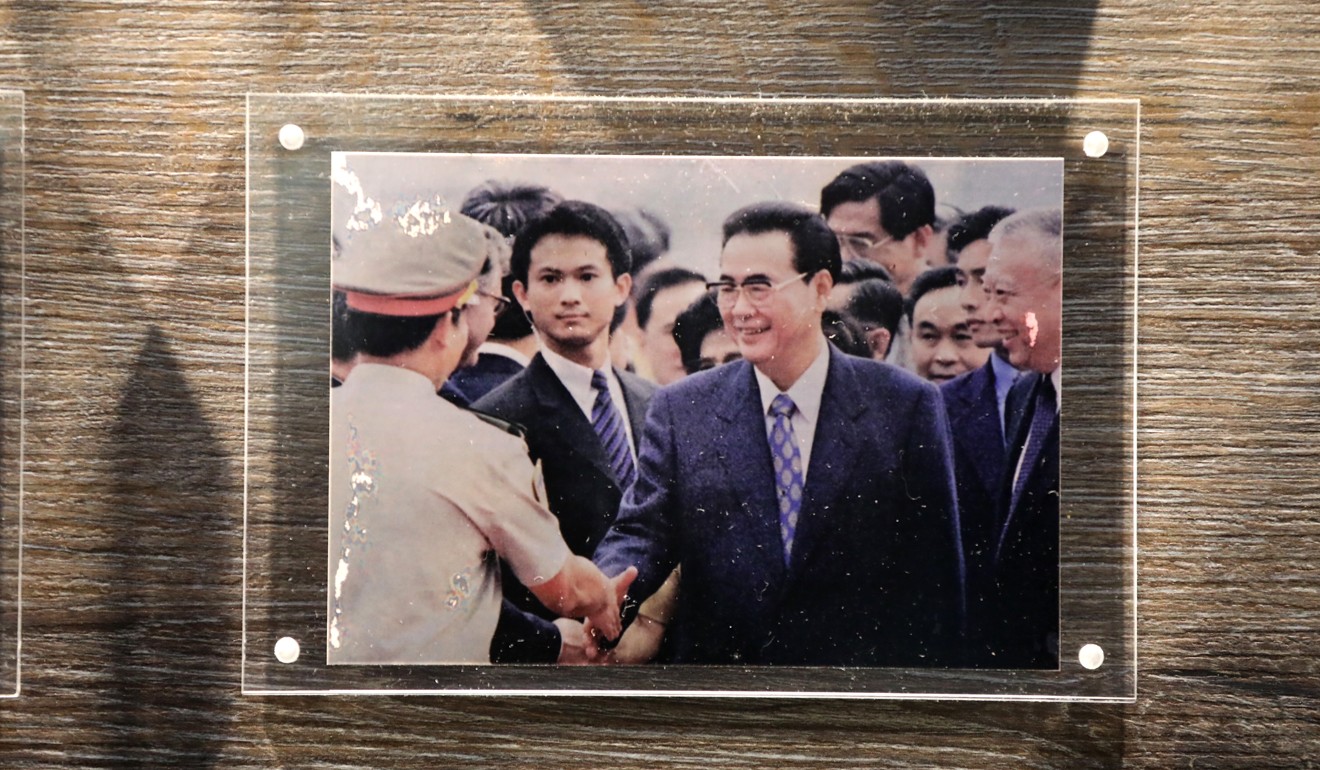
He set up Clement Shield in mid 2015 with just eight staff, most of them experienced fellow police officers. The company’s strong background in policing helped it to acquire clients and grow steadily.
While most of the company’s expansion was driven by a couple of big government contracts awarded prior to the social unrest, the violent protests, now in their seventh month, have increased demand for professional security services by private companies, according to Lai.
“We had about 70 staff at the beginning of this year and now we have 350. I will expand the size of the team to 500 in the next 12 months,” said Lai.
“We have been very busy. Among the top 10 developers in Hong Kong, four are my clients.
“For instance, one client recruited 160 of our officers with just 24 hours notice to protect their premises for a minimum of six months.”
To prepare for further growth, the company plans to move into a 5,000 square-foot office in Central later in January, nearly four times the size of its existing office in Wan Chai.
The protests began in June, initially triggered by a bill that would have allowed the extradition of suspects from Hong Kong to mainland China, among other jurisdictions. The bill was later withdrawn but the unrest continued and evolved into a broader anti-government movement demanding an investigation into police behaviour towards protesters and democratic reforms.
The latest phase of the riots began on December 24, as protesters stormed some of the city’s busiest shopping malls.
Lai said the city lacks a high-calibre security agency, and he believes his firm is the one filling the gap.
“Hong Kong has been a safe place for too long. Companies had no experience to deal with the unrest, even the government did not know how to handle it,” said Lai.
The job often calls for cool heads and the ability to defuse tension.
He recalled an occasion a couple of months ago when protesters and pedestrians ran into his client’s mall in Causeway Bay after the police fired tear gas along Hennessy Road.
“We decided to close the mall immediately after inspecting the environment,” said Lai. “But we could not detain them in the mall. So we opened the back door to let them leave. After they left, we allowed the police to enter the mall. We avoided clashes.”
Months of violent protests have hit businesses in a number of shopping malls in prime areas of the city such as New Town Plaza in Sha Tin, Times Square in Causeway Bay and Langham Place in Mong Kok.
Festival Walk, an upmarket mall in Kowloon Tong, has been closed since November 13 when protesters vandalised multiple floors and set a large artificial Christmas tree on fire.
The mall’s owner, Maple Tree of Singapore, aims to reopen it before Lunar New Year, which will begin on January 25, according to a spokesperson for the shopping centre.
Of the 350 staff at Clement Shield, 60 per cent are not Hong Kong natives but have residency in the city.
He prides his company on having one of the most experienced and qualified teams in Hong Kong.
“We are expensive, but good quality comes with a price,” he said.
Lai did not disclose the fees his firm charges clients, but he said each member of security staff can take home as much as HK$2,500 a day in wages.
Lai joined the Hong Kong Police Force in 1992 and took charge of the Airport Security Unit. He was promoted to the post of superintendent in 2012.
His impressive CV helped his company beat nine bids from local and international security agencies to win HK$300 million contract to provide security during construction of Hong Kong’s third runway in April this year.
Lai has big plans for the future. He said he is aiming to list his company on the Growth Enterprise Market board in Hong Kong in the next 12 months as a way to expand the business and the brand of Clement Shield.
For one long-time foreign resident of Hong Kong, the city’s violent anti-government street protests this year convinced her it was time to write down a worst-case scenario getaway list.
She noted down the essentials to grab if she needed to flee fast, put the list in a desk drawer in her flat, and found it brought some peace of mind.
“It’s a short list,” she said. “Just my mother’s jewellery, my passport and some photos really.” But writing it down, she said, gave a sense of at least being somewhat ready if the conflict reached the point where she had to escape a city she has called home for 28 years.
The woman, who asked that her name not be used to discuss the protests, is one of the foreign residents that make up almost 10 per cent of Hong Kong’s 7.5 million population. Many are weighing the risks of staying in a city once known for its stability and now blighted by months of unrest.
But so far, there is no evidence of an exodus. Immigration figures show that 731,082 foreigners were living in Hong Kong in November 2018. A year later, the figure was 726,032. This includes domestic helpers, largely from the Philippines and Indonesia, who numbered around 400,000, according to the immigration data.
Foreign professionals working in the finance industry or running businesses in Hong Kong are confronting the “what if” questions about personal safety and protection of children as tear gas, bricks, rubber bullets and firebombings replaced tourists and shoppers on the city’s streets.
Contingency plans and “red lines” differ by person and family, but many conveyed the same story of difficult discussions with a partner or family back home about what to do as the protests went from largely peaceful marches in June against a planned extradition law to pitched street battles between police and radical protesters.
One 33-year-old banker from New Zealand didn’t draw up an escape list, but after long talks with his wife, both decided to look for work elsewhere after four years in the city.
“Our view is that Hong Kong has fundamentally changed as a business centre,” said the banker, who also requested that his name not be used.
Leaving isn’t the plan for a South Korean-born stockbroker, 30, and his family. He and his Hong Kong-born wife have just had a baby whom they plan to bring up in Hong Kong. But while the city was the right place to be for his career, he did have a red line.
South Korea has a long history of student-led anti-government protests, including in the city of Gwangju in 1980 that led to a brutal military crackdown in which hundreds of people were killed.
“Unless something like that happens, I will stay in Hong Kong, but there is always a possibility – because we all know that China can make radical decisions,” he said, also requesting anonymity to discuss the issue.
Hong Kong’s protests began in reaction to the government’s proposal in February to amend laws that could have led to legal suspects being extradited to mainland China.
By June, an estimated 2 million people had taken to the streets in mostly peaceful protests against what they saw as a violation of Hong Kong’s autonomy under “one country, two systems”, a constitutional principle under which the city retains its own political, legal and economic systems for 50 years after the 1997 handover from British to Chinese sovereignty.
By July, the protests were turning into regular confrontations with police. On the first of the month – the 22nd anniversary of the city’s return to China – demonstrators stormed into and vandalised the government legislature building. Elsewhere during the month they blocked roads with makeshift barriers, police responded with tear gas, sponge grenades and rubber bullets and once-bustling shopping districts emptied.
In the following months, a general strike was called, protesters occupied the city’s airport for several days, two protesters were shot and wounded by live rounds fired by police officers during clashes, and an officer was slashed in the neck with a box cutter.
The extradition bill was eventually withdrawn but by then the demonstrations had morphed into broader calls for universal suffrage and other demands, which were rejected by Beijing.
November brought even more violence as metro stations and highway toll booths were firebombed, forcing school closures across the city. A third protester was shot and wounded by an officer. Protesters then occupied universities, leading to a siege in which a police officer was shot in the leg by an arrow.
The features that attracted many foreign professionals to Hong Kong – safety, stability and leisure – took a massive hit. With Hong Kong one of the world’s leading financial centres, attractive salaries and opportunities now had to be balanced against instability and violence.
“The jury is still out. Christmas will be interesting; many people will travel back to their families and there will be discussions about ‘what do we want, what do we do’,” said Tara Joseph, president of the American Chamber of Commerce in Hong Kong.
For others, decisions have already been made. One resident, an American army veteran, said he was unwilling to live in a place where “violence [is] condoned” and planned to move to Singapore.
“I don’t want my kid to live in a place of fear and I don’t want my wife to live in a place of fear,” said the executive, 39, a US national who was born in Hong Kong.
“If you take two different political systems there’s bound to be a reconciliation and this will take time. I personally don’t have the time to participate in it. ... It’s not part of my fight.”
Most foreign professionals interviewed said they understood the opposition to the extradition bill and supported the calls for democracy by the protesters, but not the violence and vandalism. Others cited concerns about how the protests were being handled by government and police. All felt uncertainty.
Anurag Bhatnagar, president of the Forum of Indian Professionals Hong Kong, moved to Hong Kong from India in 1995 and has seen several periods of mass protests since then.
“What I was surprised by, though, was the violence – how things took a violent turn,” Bhatnagar said, adding that his views were his own, not the organisation’s.
The career commodities trader and tech venture founder said many in his circle were concerned about the demonstrations and frustrated by the government’s lack of engagement.
“At the end of the day, every expatriate who moved to Hong Kong has moved for better opportunity for themselves, professionally, personally and for their families. When the future is uncertain, politically, of a particular place, people start questioning that decision,” he said.
As many businesses are hurt by the unrest, moving companies are reporting an uptick in inquiries and expect a busier 2020. In many cases, the protests were the tipping point for a move, not the cause, said Lars Kuepper, managing director of moving company Relosmart.
“It’s not really because of the protests, but this is the trigger – they have thought about leaving for some time because of the cost of living and education for the children, but the latest developments in Hong Kong made their decision final,” he said.
The company handled 125 relocations in October, double the number a year earlier, and about half of those were moves by foreign residents, he said.
“We are working seven days a week now,” Kuepper said.
While there is no evidence of an exodus there are signs that overseas recruitment is slowing. Some multinationals and banks are also looking to diversify risk by moving certain operations out of Hong Kong.
“It doesn’t mean they are going to move their whole operation out, but they are drawing up a list and seeing what needs to stay in Hong Kong and what potentially could be moved,” said Stephen West, chief commercial officer of the Hong Kong-based consultancy Quartermain Alpha.
He added that it was not unusual for companies to review risk-control strategies, but once they moved it was unlikely they would come back.
According to a survey released last month by the Hong Kong Japanese Chamber of Commerce and Industry, more than a third of the 270 companies that responded were considering sending or had already sent the Japanese families of their employees back home.
Another 16 firms said they would relocate all of their staff to Japan before the end of the year, and 90 more said they were considering such a move.
But others in the international business community stressed a commitment to Hong Kong.
AmCham’s Joseph said many major US companies “are devoted to staying here”. A chamber survey published in October showed that less than a quarter of their members were considering scaling back or relocating away from Hong Kong.
European Union Chamber of Commerce in China president Joerg Wuttke also said he was “struck” by the optimism of foreign firms about conditions in Hong Kong.
For many long-term foreign residents the connection to the city is not just financial but personal and they are keen to see the recovery begin.
Bhim Prasad Kafle, vice-chairman of the Nepal Chamber of Commerce Hong Kong, agreed.
“[Both sides] have to sit down together at the negotiating table and find a solution. That has to happen, otherwise there is no other way,” he said.
Kafle, who moved to Hong Kong 24 years ago to study hospitality management, said he had suffered a 30 per cent drop in business at his restaurant group in the popular Soho area.
But he said he was optimistic there would be a rebound for the city. “Hong Kong is always like this – when [business] comes back it comes back fast,” he said.
Hong Kong’s recovery will hinge on the critical questions that have brought millions onto the streets this year: how will the city define itself in relation to the mainland?
“It’s going to take some pretty creative politicians to turn this around and create a vision for Hong Kong,” said corporate lawyer Michael Pepper, who has spent over two decades in the city.
“We really need to understand over the course of the next five years what happens beyond 2047,” he said, referring to the end date of one country, two systems set out in the Sino-British Joint Declaration, which defined the terms of Hong Kong’s return to Chinese sovereignty on July 1, 1997.
Under the system, Hong Kong’s independent judiciary has contributed to the city’s role as a trusted middleman between foreign business and mainland China.
AmCham’s Joseph said the turmoil in Hong Kong had raised some big questions about the future.
“You do have to ask the question, honestly, now – we had the colonial era, and the first 20 years after the handover…. and stuff didn’t really change and the privilege of the expats largely remained intact,” she said.
“Could we be moving into a third era, where maybe expats can do business, but at a higher risk, if this becomes more of a ‘one country’ and less of a ‘two systems’?
“It’s been an emotional year. Everyone is going to spend some time thinking through things, myself included.”
Read the first part in the series, on the implications of the pro-democrats’ landslide win in the district council polls, , and the second part, on the city’s special role as a gateway into mainland China, .
